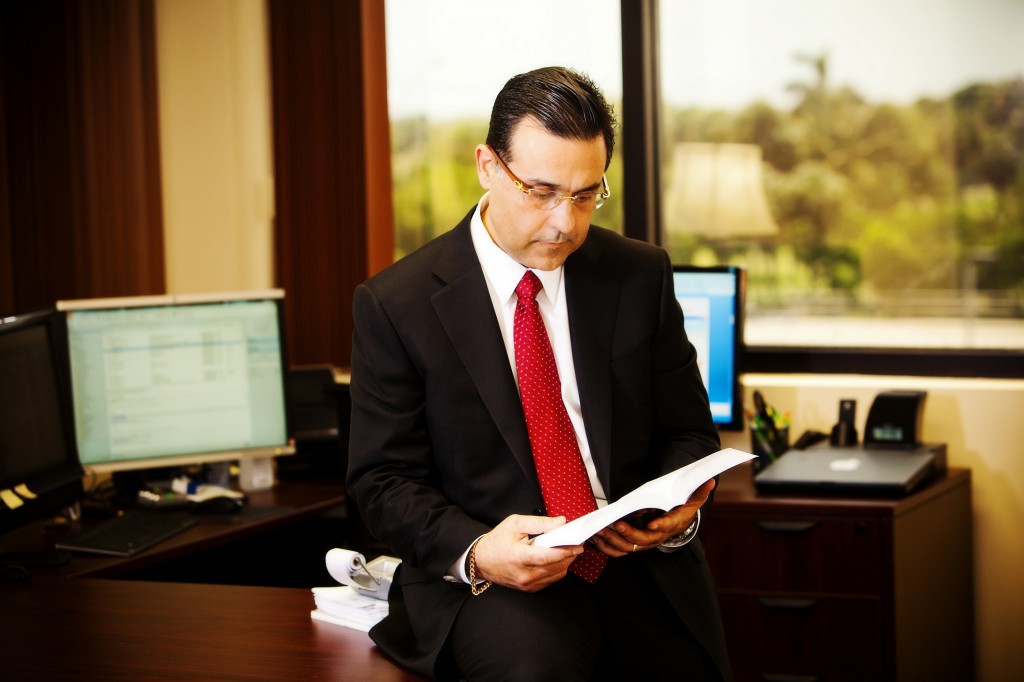Cash Accounting is A Simpler Method for Miami Accountant Firms But Not Necessarily Better
A number of Miami Accountant Firms testified or submitted statements recently at a hearing of the House Committee on Small Business Subcommittee on Economic Growth, Tax and Capital Access titled “Cash Accounting: a Simpler Method for Small Accountant Firms?”
The American Institute of Accountants, the American Bar Association, the National Conference of Accountant Practitioners, and the National Association of Enrolled Agents were some of the groups represented that weighed in on the expansion of the cash method of accounting as a way to simplify tax complexity facing small business owners. Chairman Tom Rice, R-S.C., a former tax attorney and Accountant, noted that the cash method of accounting offers a simple, straightforward solution for entrepreneurs to record business income and expenses.
“In cash accounting, a business records income and expenses at the time the funds are received or paid, just like with a personal checkbook,” he said. “And, it makes it fairly easy to track cash flow—the life blood of many entrepreneurs. Perhaps because of this simplicity, it is the preferred method of accounting for small businesses.”
The AIAccountant supported expanding the availability of the cash method of accounting in testimony submitted for the hearing. “We wholly support the expansion of the number of taxpayers that may use the cash method of accounting,” the AIAccountant said in its written statement. “The cash method of accounting is simpler in application, has fewer compliance costs, and does not require taxpayers to pay tax before receiving the income being taxed.”
The AIAccountant also expressed its opposition to any legislative efforts to limit the use of the cash method for small and service businesses, including those businesses whose income is taxed directly on their owners’ individual returns, such as S corporations and partnerships. “We have confidence that forcing more businesses to use the accrual method of accounting for tax purposes would increase their administrative burden, discourage business growth in the U.S. economy, and unnecessarily impose financial hardship to cash-strapped businesses,” the Institute stated.
Likewise, the American Bar Association submitted a statement noting the advantages of the simple cash method of accounting used by most law and accounting firms and expressing serious concerns over legislation that would force many firms to switch to accrual accounting and pay taxes on phantom income they have not yet received and might never receive.
The draft tax reform proposal released by House Ways and Means Committee chairman Dave Camp, R-Mich., and a similar draft bill prepared by former Senate Finance Committee chairman Max Baucus, D-Mont., would require all personal services businesses with annual gross receipts over $10 million to use the accrual method of accounting rather than the traditional cash receipts and disbursement method. “As a result, many law firms, accounting firms, medical firms and other personal service providers would be forced to pay taxes on income long before it is actually received,” the ABA said.
Don Williamson, professor of taxation at American University’s Kogod School of Business and executive director of the Kogod Tax Center, described the burden placed upon small businesses when they are required to be on the accrual method of accounting. “Even where the law permits a small business to use the simpler cash method of accounting, the general requirement to maintain inventory records creates burdens that may influence by only a few months the timing of a small business’s taxable income,” he said.
“Therefore, we urge Congress to not only expand the number of businesses eligible to use the cash method of accounting but to also enact a ‘simplified’ cash method of accounting for small businesses that would further reduce unnecessary record keeping and compliance burdens,” he said.
Williamson outlined a “Simplified Cash Method of Accounting” (SCM) which he said “will reduce time-consuming, expensive administrative burdens on small businesses in keeping records and reporting their income and expenses on their returns, thereby unleashing resources that will create more productive, job creating activities.”
Under the SCM, the computation of taxable income is reduced to the following formula: Cash Receipts Less Cash Expenses (including inventory, prepayments, materials/supplies and depreciable property) equals Taxable Income.
“In short, the derivation of taxable income is based solely on amounts actually received or paid during the tax year, by means of examining the business’s checkbook for when checks were cut and deposits made,” said Williamson. “Under SCM, income consists only of cash, property or services received during the tax year without regard to imputed income under the constructive receipt, cash equivalence or economic benefit doctrines.”
“Any timing advantage to businesses from not being subject to the judicial doctrines just mentioned would be minimal given that small businesses cannot, as a practical matter, defer recognition of cash by more than a few months without creating severe cash flow problems for the payment of their own bills,” he said. “The complexity of the judicial doctrines does not warrant their application to small businesses.”

